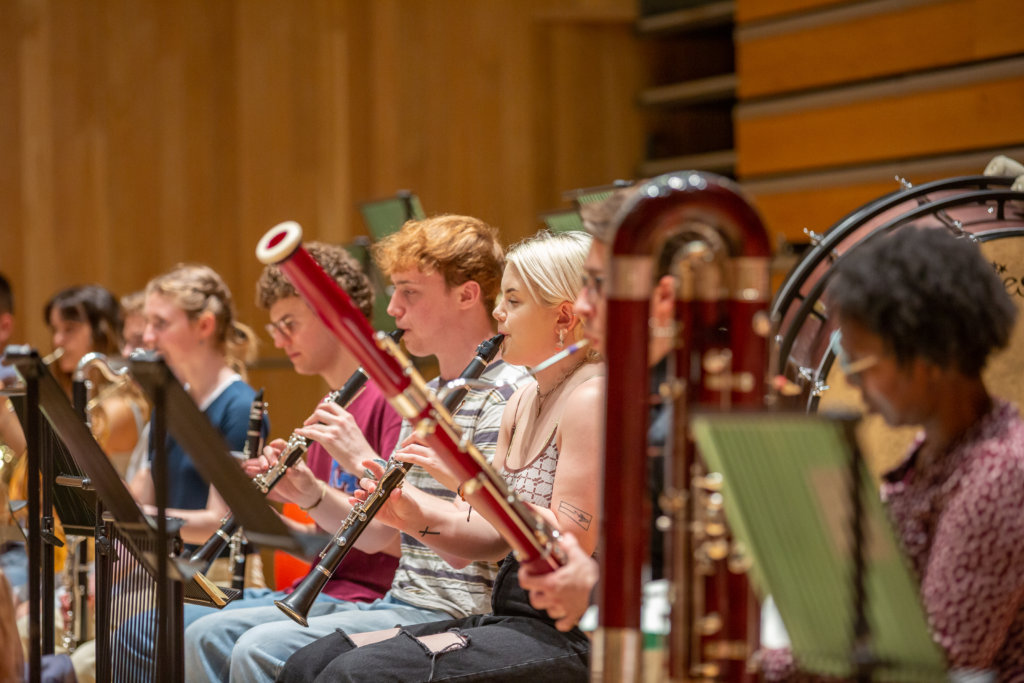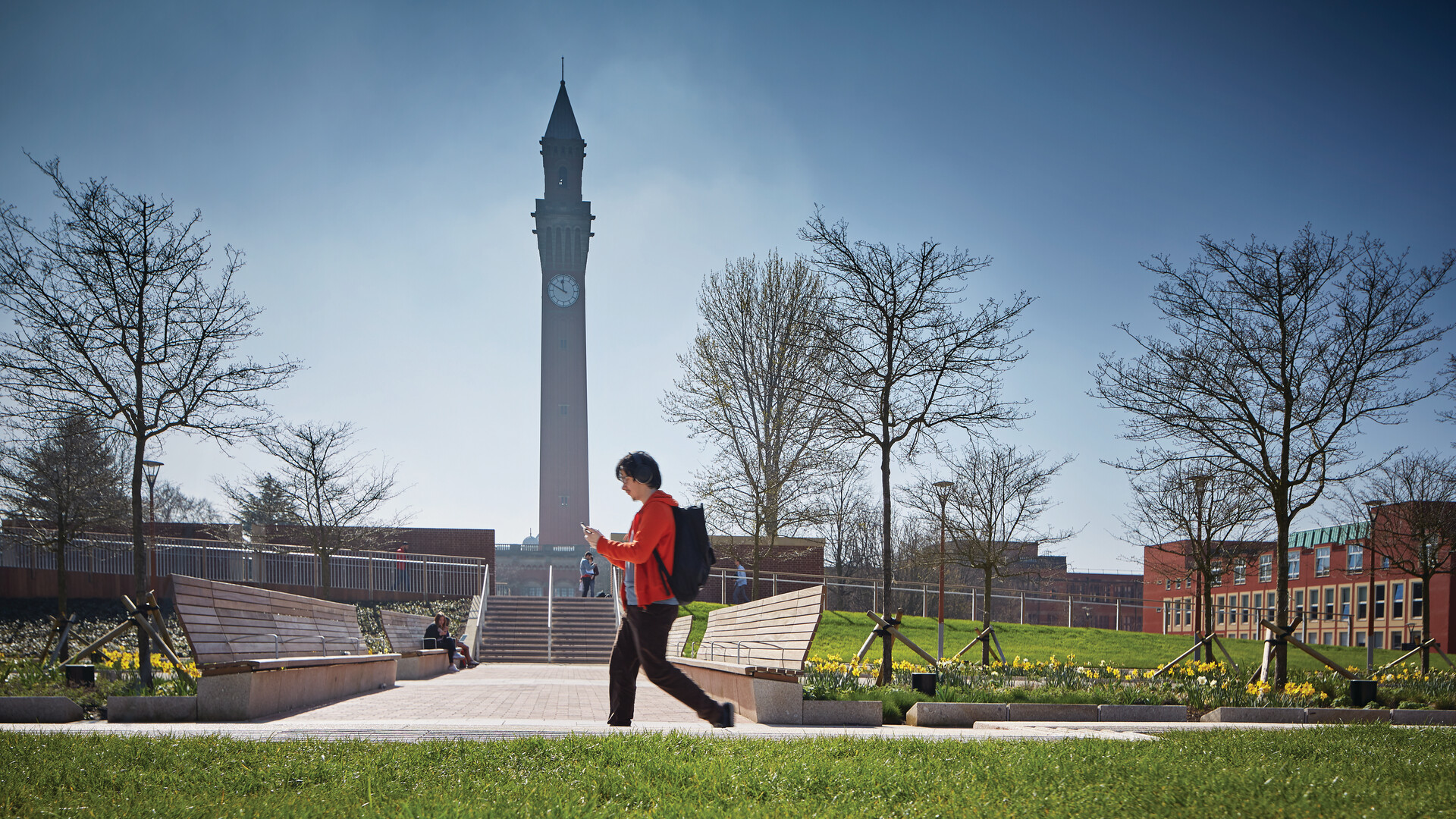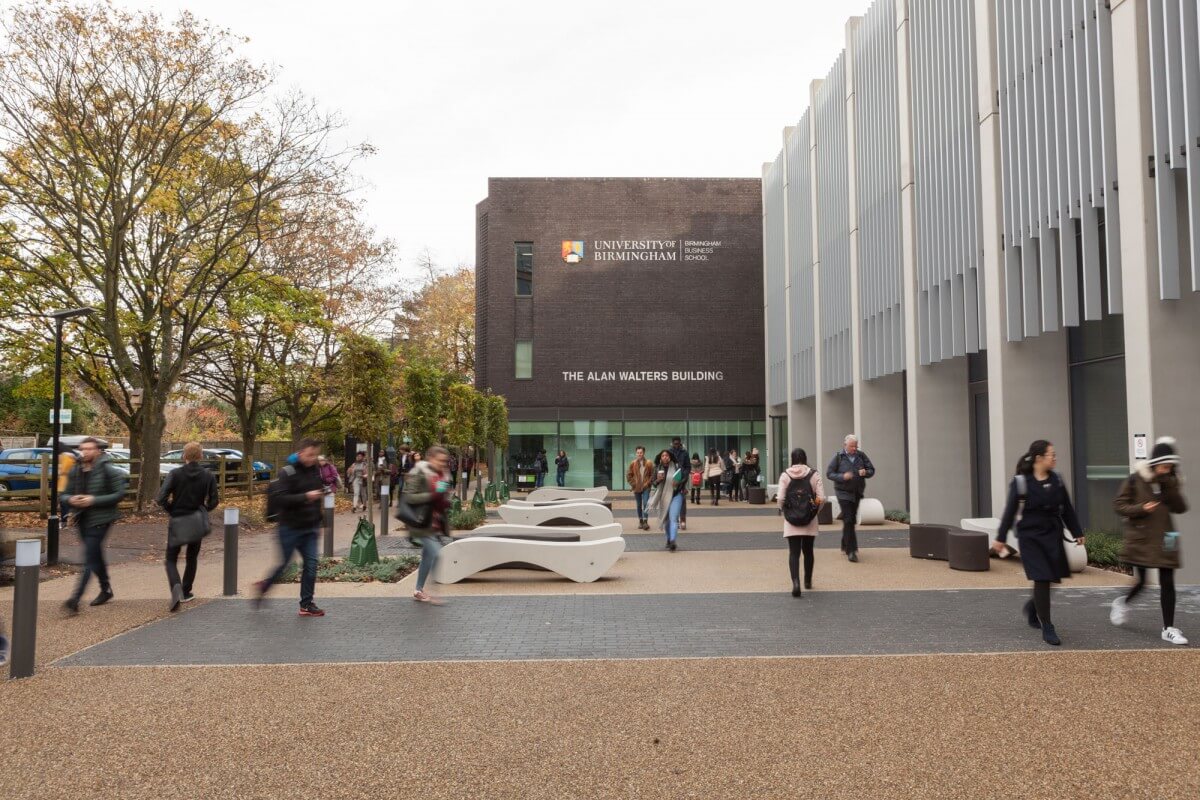Data analysis. Research. Writing. Nach S. from Thailand gained these hard skills while pursuing the BA English Language at the University of Birmingham’s College of Arts and Law. “After graduating, I stayed at the university to pursue an MSc Marketing,” he says. “I’m now a copywriter at a marketing agency. I work with innovative tech clients from all over the world, which I find very fulfilling,” says Nach.
He chose Birmingham for various reasons, one of which is the highly flexible programmes.
“I decided to study at the University of Birmingham because of how my course modules were designed. I really liked that everyone had the chance to cover the significant forms of literature (prose, poetry, and plays), but I enjoyed the choice to pick some of my modules as well,” says Nach.
Asked about his favourite module, and Nach shared that it’s “Enterprising English.” “It was a completely new module. I learned a lot about effective project management, teamwork, and conflict resolution — skills that have come in very handy in my line of work. In every job interview I’ve had since then, I have mentioned ‘Enterprising English’!”

Source: University of Birmingham, College of Arts & Law
University of Birmingham has been recognised as the fourth most targeted university for graduates by leading employers and was ranked 11th in the UK for career prospects (The Guardian University Guide 2020) — 85.3% of students were in graduate-level jobs or further training six months after graduating.
The Professional Skills Module (PSM) makes this possible. Arts and Law students undertake a 20-credit undergraduate module that combines a work experience placement and reflective assessment. They spend a minimum of 10 days between June and December on a graduate-level opportunity to develop their skills, knowledge and confidence.
“The PSM is an excellent opportunity to gain knowledge about a potential career path you might want to pursue after your degree, to develop your portfolio, and to provide you with skills such as presenting and writing, confidence and teamwork, which are all necessary for your degree, your personal development and also your future career,” says Monira Ahmed, College of Arts and Law Careers Consultant.
Students pursue a variety of PSM during their final year too. The Entrepreneurial modules are the most popular — students pursue “Entrepreneurial Skills” in which they work together to develop and pitch their business plan; and in “Entrepreneurial Start-Up (semester 2),” they work together to explore the viability of their product until its launch. Students also explore subject-specific modules. This includes “Arts Management in Practice for music,” “Translation in Modern Languages,” “Professional Communication in English” and “Research in Practice in Anthropology.”
“The PSM is a placement module designed to offer graduate-level work experience, skills development and sector knowledge as part of a degree. Students are able to undertake a 70-hour placement over a set period,” says Ahmed. “There have been an excellent range of placements with employers such as West Midlands Railway, Black Country Museum, Birmingham St. Mary’s Hospice and Greater Birmingham Chambers of Commerce, to name a few.”

Source: University of Birmingham, College of Arts & Law
Through the Experience Arts Internship Scheme, students take on exclusive paid internships with local arts and cultural organisations. As a result, they gain career experience, boost their employability and expand their network.
Nach can attest to this. “I was involved in the university’s Experience Arts Internship Scheme, which allowed me to show some initiative and improve my social media marketing skills,” he says. “I was also in the Impact Internships scheme, which gave me a chance to intern at a tech company. I personally think my experience there helped me land my current role. I learned more about work culture in the UK (specifically, office culture), which I believe helped me navigate it much more effectively.”
The College aims to evolve every student into a career-ready graduate set to thrive professionally. “Students need to focus on both hard and soft skills to succeed in today’s and the future world of work — what we do know from recent reports and research is that employers are looking for a mix of technical ability and ‘soft’ skills such as teamwork, communication, and commercial awareness,” says Ahmed. “In my opinion, students definitely need to pay attention to data and digital literacy skills – employers are placing increasing emphasis on this.”
The best part? These professional skills are embedded into the College’s Arts and Humanities programmes, which are also ranked highly globally.
For those passionate about digital media, the new BA Digital Media and Communications is for you. Students explore the key principles in digital cultures, media studies and professional communication in classrooms and state-of-the-art facilities. Those who aspire to become a filmmaker or writer will love the BA Film and Creative Writing. You’ll gain a comprehensive understanding of film, TV and creative writing, plus skills in practical filmmaking.
Follow University of Birmingham’s College of Arts and Law on Twitter.













